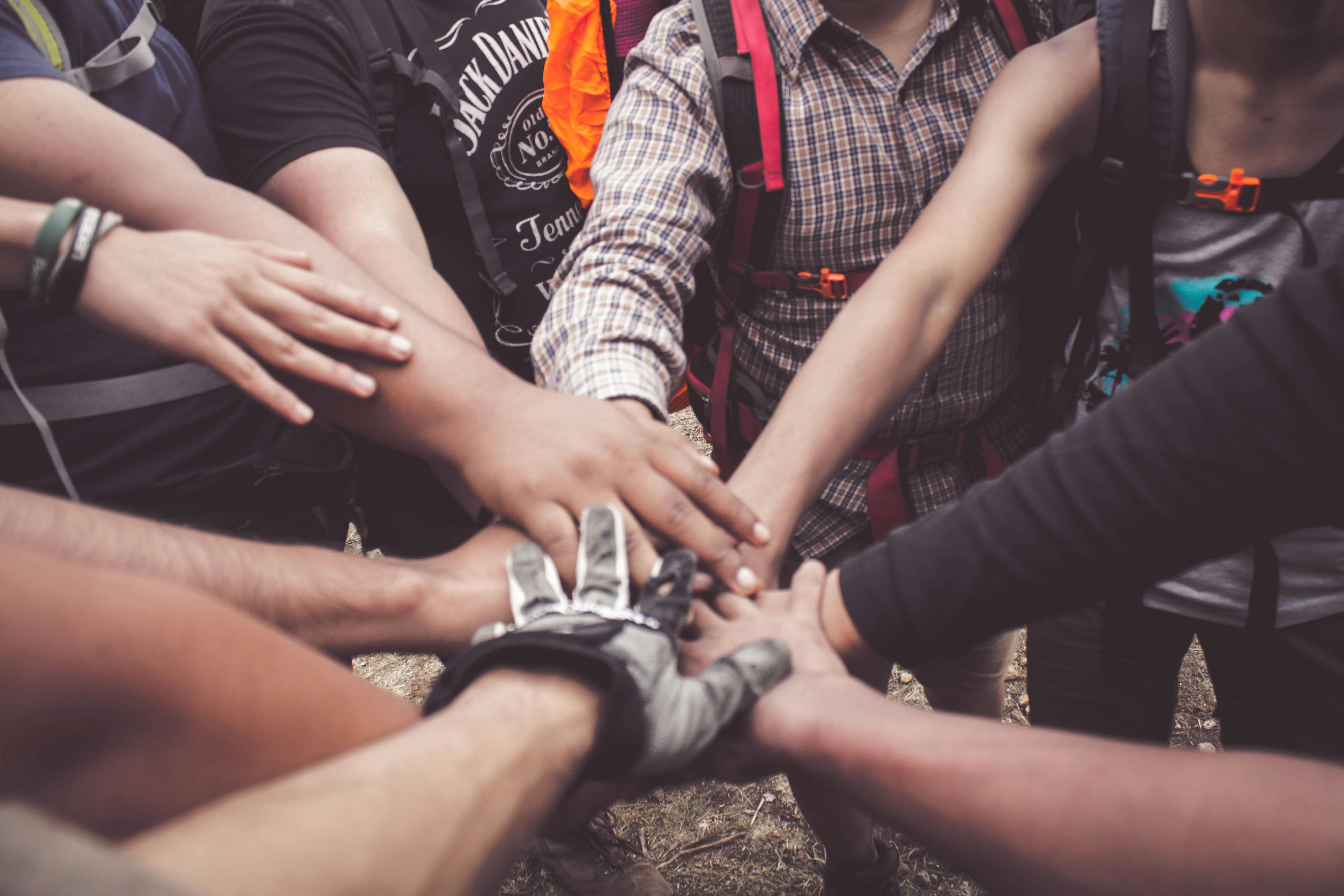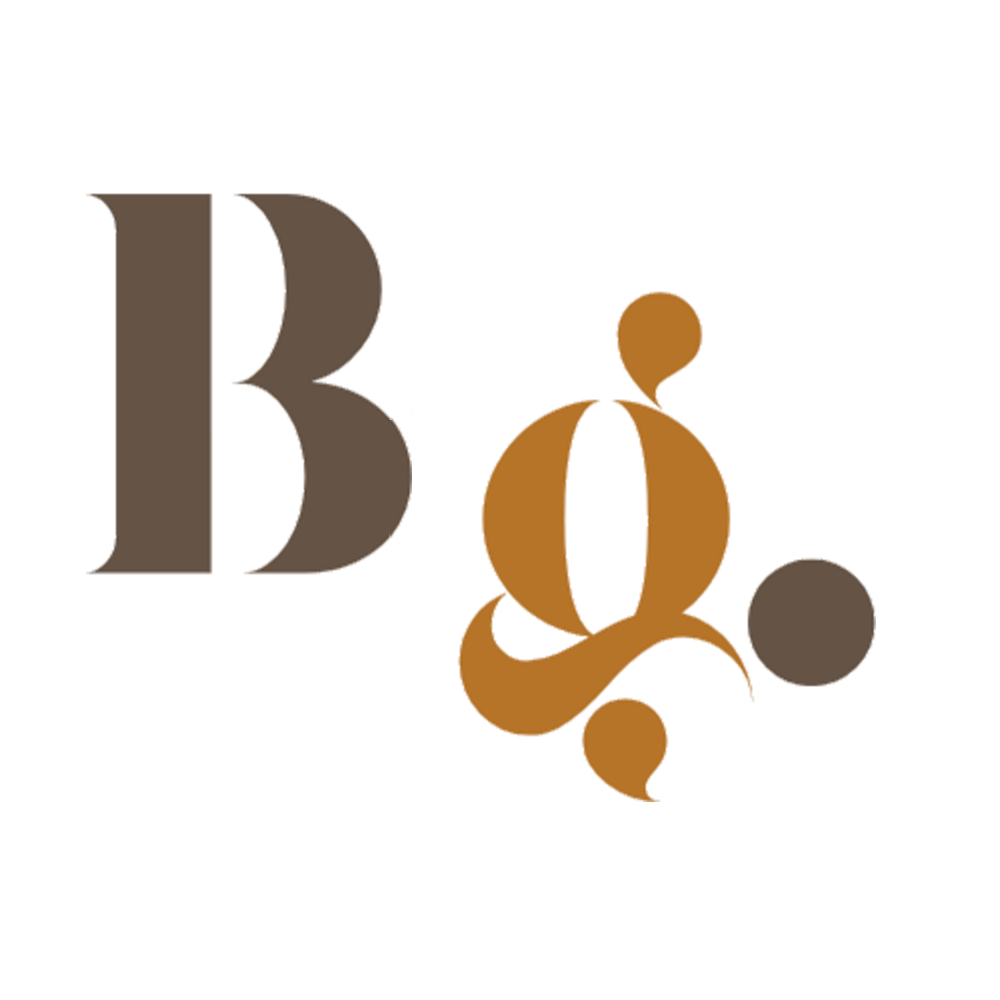From Classroom to Community: Equipping Students with Real-World Skills

Introduction
The traditional educational model, focused on rote memorization and standardized tests, often falls short in preparing students for the complexities of real life. In today’s rapidly changing world, it is imperative that education extends beyond the classroom walls, equipping students with the real-world skills necessary for success in both their personal and professional lives. This shift not only enhances academic learning but also empowers students to become active, contributing members of their communities.
Bridging the Gap with Experiential Learning
Experiential learning, or learning through doing, plays a crucial role in bridging the gap between theoretical knowledge and practical application. This approach includes:
Service Learning: Projects that connect classroom lessons with community service, teaching students the value of giving back while applying their skills in real-world settings.
Internships and Apprenticeships: Opportunities that allow students to gain workplace experience, understand work ethics, and develop professional skills in a real-world environment.
Project-Based Learning: Assignments that tackle real-world problems, encouraging students to research, collaborate, and devise practical solutions.
Community Engagement
Incorporating community engagement into education not only enhances learning outcomes but also fosters a sense of civic responsibility. Through partnerships with local businesses, non-profits, and government agencies, schools can offer students hands-on experiences that prepare them for the challenges of the modern world. This collaboration benefits the community by addressing local issues through innovative solutions proposed and implemented by students.
Benefits to Students and Society
The advantages of integrating real-world skills into education are manifold:
For Students: They gain confidence, adaptability, and a sense of purpose. Their education becomes more relevant and engaging, leading to higher levels of academic achievement and personal fulfillment.
For Society: When students apply their learning to community challenges, it leads to societal improvement and innovation. Furthermore, students prepared with real-world skills are more likely to become informed, engaged citizens who contribute positively to their communities.
Conclusion
The transition from classroom to community is not just an educational evolution; it’s a societal necessity. By equipping students with real-world skills, we not only prepare them for the complexities of the adult world but also empower them to drive positive change within their communities. This approach ensures that education is a dynamic, interactive process that prepares students not just for tests but for life.
